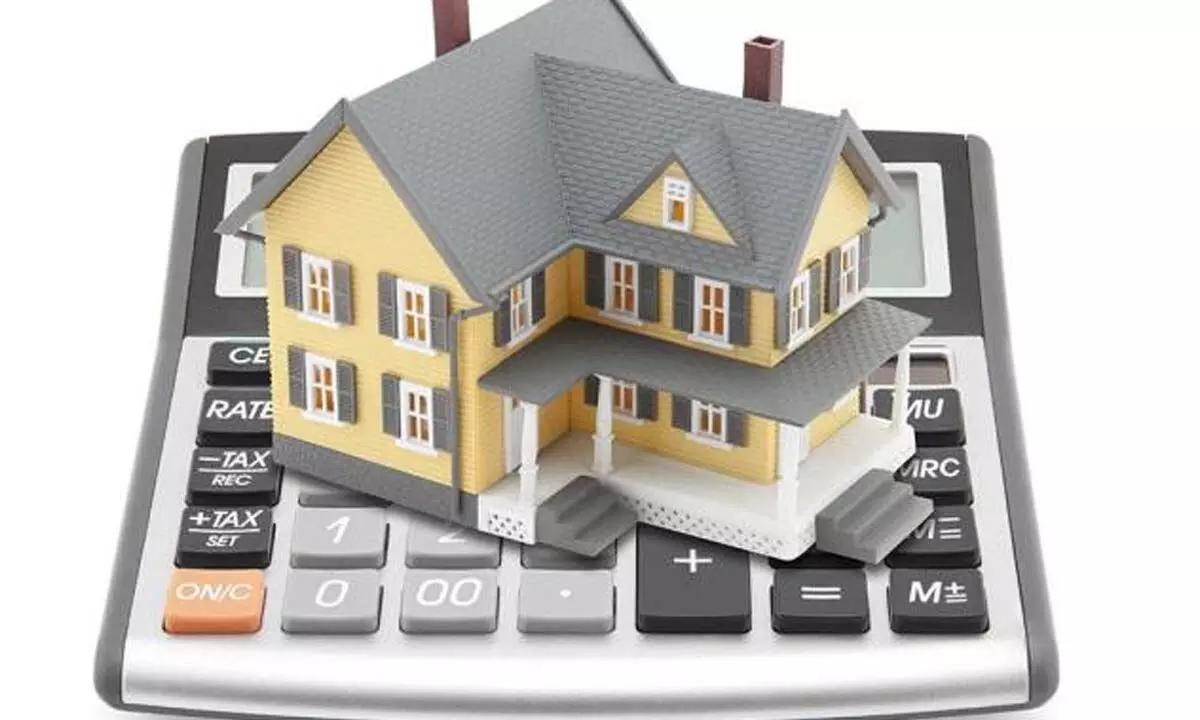Selling home? Know about capital gain tax
No exemption can be claimed if a residential property is purchased outside India
image for illustrative purpose

My father sold our house in October 2021 and did not invest the amount in another residential property to date. Do we need to pay capital gains tax now?
- Vishnu, Amalapuram
Capital gain tax is imposed when individuals part with an asset and make capital gains on it. The sale of a residential house is a sale of a capital asset, and the profit arising from the sale will be taxed as a capital gain. Under Section 54 of the Income Tax Act, an individual assessee selling a residential property can avail of tax exemptions from capital gains if the capital gains are invested in the construction or purchase of a residential property.
Section 54 gives relief to taxpayers who sell their residential house, and from the sale proceeds, he acquires another residential home. In order to avail of exemption under section 54, the Income Tax department has prescribed some conditions.
The benefit of section 54 can be availed only by individual assessees or HUFs (Hindu Undivided Families). The residential house property transferred should be qualified as a long-term capital asset. Within a period of one year before or two years after the date of transfer of the old residential property, the taxpayer should construct or acquire another residential property within three years from the date of transfer of the old house.
The period of construction or acquisition will be determined from the date of receipt of compensation in case of compulsory acquisition. An exemption can be claimed only for one residential house property constructed or purchased in India. If more than one house is constructed or purchased, then exemption under section 54 will be available for one residential property only. No exemption can be claimed in respect of residential property purchased outside India.
The Finance Act 2020 has amended Section 54 with effect from Financial Year 2020-21 to extend the benefit of exemption regarding investment made in two residential house properties. The exemption for the investment made, by way of construction or purchase, in two residential house properties shall be available if the amount of long-term capital gains does not exceed Rs 2 crore. If the assessee exercises this option, he shall not be entitled to exercise this option again for the same or any other assessment year. If the taxpayers do not fulfill the above conditions, they cannot claim an exemption under section 54 of the income tax act.
Exemption u/s 54 can be availed in respect of the rollover of capital gains from the transfer of a residential property into another residential property. However, to keep a check on misuse of the section 54 exemption, an important clause was inserted to safeguard the benefits of section 54. The exemption granted under section 54 will be withdrawn if an assessee constructs or purchases a house and claims exemption, then transfers the new house within three years from the date of its completion of construction or acquisition.
The restriction shall be applied if, after claiming exemption, the new house is sold before a period of three years from the date of its completion of construction or purchase. If the new residential property is sold before a period of three years from the date of its completion of construction or purchase, then at the time of computation of capital gain arising on transfer of the residential property, the amount of capital gain claimed as exempt will be deducted from the cost of acquisition of the new residential property.
At the time of filing the return of income, if the capital gain arising on the transfer of the house is not utilized (in whole or in part) to construct or purchase another residential property, then the individual must deposit the unutilized amount in Capital Gains Deposit Account Scheme in any branch of public sector bank, in accordance with Capital Gains Deposit Accounts Scheme, 1988 (referred as Capital Gains Account Scheme).
The individual will get the benefit of exemption if deposited in a Capital Gains Account Scheme account. The new residential property can be constructed or purchased by withdrawing the amount from the said account within the specified time limit, as the case may be. The amount already incurred towards the construction or purchase of residential property, along with the amount deposited in the Capital Gains Account Scheme, can be clubbed together as cost while claiming the deduction.
In case the amount deposited in the Capital Gains Account Scheme is not utilised within the prescribed time limit, then the amount shall be treated as income pertaining to the previous year in which three years expire.
(The author is a SEBI licensed Research Analyst. The alumnus of the Indian Institute of Foreign Trade (IIFT), he had held leadership roles at National Geographic, Reliance Radio Television Luxembourg, STAR TV, etc)

